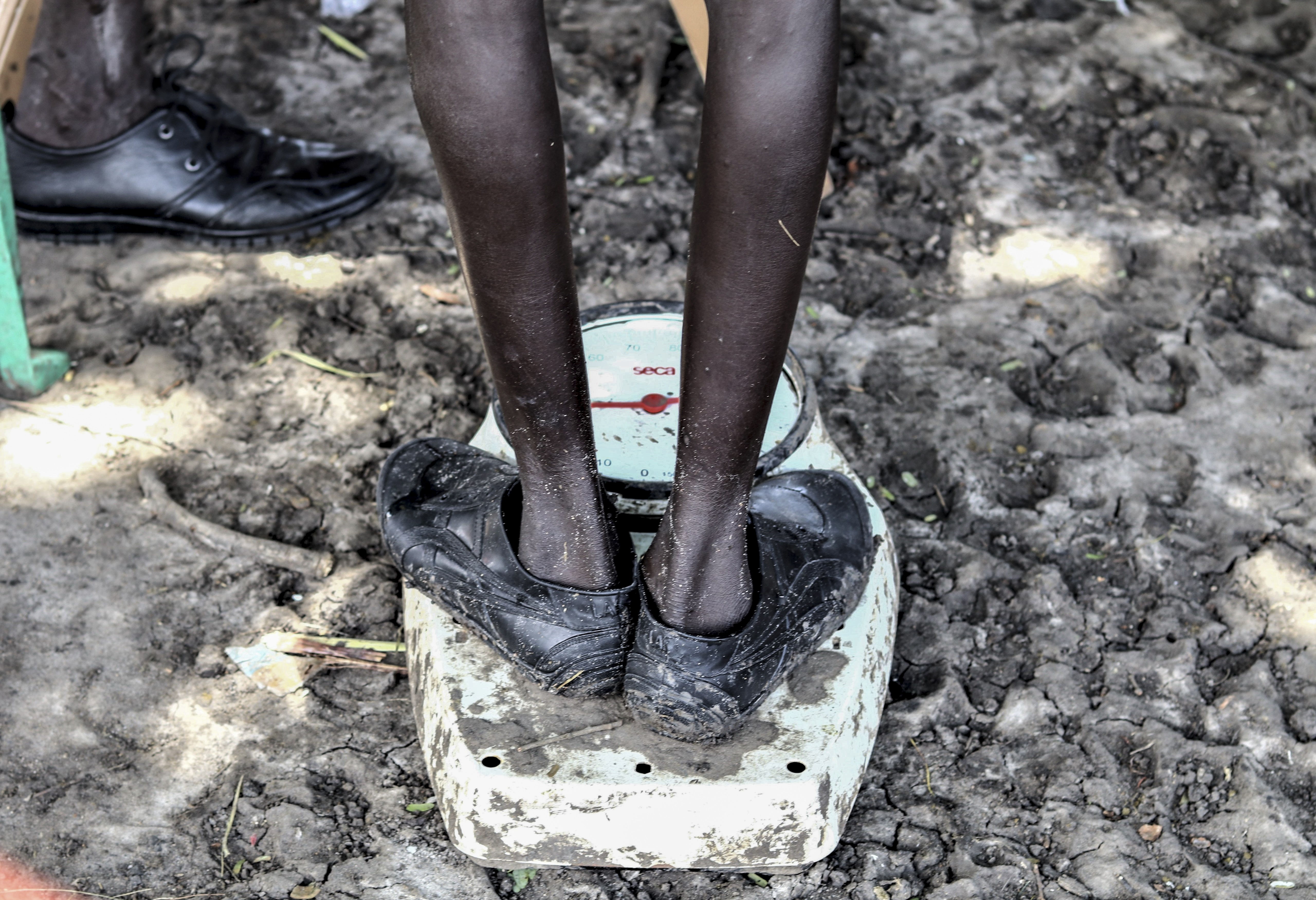South Sudan: Heavy flooding deepens humanitarian crisis in Pibor area
Severe flooding is displacing thousands of people around Pibor, South Sudan, worsening an already dire humanitarian emergency, Médecins Sans Frontières/Doctors Without Borders (MSF) said today, urging other aid organizations to provide food, relief items, shelter, water and medical services in the region.
In Pibor town, where MSF is providing life-saving medical care, the humanitarian situation is becoming disastrous. In 2019, massive flooding devastated the area, forcing MSF to reduce activities and discharge patients when the hospital and compound became completely submerged. Intercommunal conflict in the first half of 2020 has caused large-scale displacement and loss of life in the Greater Pibor Administrative Area, leaving people without many resources to cope with another disaster.
Since July, flooding has displaced hundreds of thousands of people and left many more without reliable access to food and clean water. Today, the Pibor River has swollen, and flooding has reached Pibor town, rendering some parts inaccessible. Many neighbourhoods cannot be reached by foot as the water is too high and a local ferry system is too expensive for many who live in the area. People are exposed to malaria, waterborne diseases, snakebites and food insecurity, as floodwaters overwhelm homes and farms.
These recurring local emergencies, along with the impact of the COVID-19 pandemic on the capacity of emergency assistance, and the growing food insecurity in the region are all cause for concern.
After the conflict stabilized, MSF relaunched an emergency intervention in August, opening a clinic which is located in the only place in Pibor town that did not flood last year. A mobile MSF team, made up of a clinical officer, a nurse and a health education officer, has been delivering medical care to prevent and treat the most serious health conditions in hard-to-reach areas.
“This has been a hard 12 months for this community”, says Josh Rosenstein, MSF’s deputy head of mission. “MSF has responded multiple times to various emergencies, and once again our latest emergency response to conflict-related displacement is transforming into a flood response. Our focus is now on malaria, measles and flooding.”
“Today we are reaching out to the community through our daily mobile clinics, treating the most severe illnesses,” adds Rosenstein. “We’re also implementing our flood contingency plan, which includes building additional flood defences around the clinic to ensure we can continue to provide medical services as the water level is rising at an alarming speed.”
“The worst of the flooding is yet to come, and the community is already feeling the strain of food insecurity,” says Rosenstein. “The lack of access to healthcare will only get worse over the coming weeks and months, and conditions will only grow more precarious for people.”
Since July, MSF has provided clean water, distributed 7,252 mosquito nets, treated 1,493 children under five with malaria and treated 79 patients with measles.
“There aren’t enough public toilets in the town, and in our clinic, we only have two toilets and no space to build more to meet a minimum requirement for the hundreds of patients we treat each day,” says Simon Peter Olweny, MSF’s water and sanitation coordinator in Pibor. “These conditions are a breeding ground for diseases.”
In a country with one of the highest rates of child illness and death, MSF is urging all organisations to mobilise resources and scale up their response in Greater Pibor, including food and other relief items, shelter, water and medical services. After flooding last October, the impact was disastrous. Organisations must prepare now to ensure this is not repeated.
ENDS
Notes
MSF in South Sudan
MSF has worked in South Sudan since 1983, providing medical care in many parts of the country where access to healthcare and other humanitarian services remain limited. MSF currently operates 15 projects throughout South Sudan.
Photos and B-roll
Available below from Greater Pibor, filmed in Sep 2020.
Copyright: Tetiana Gaviuk/MSF.
.jpg)
.jpg)
.jpg)
.jpg)
.jpg)
.jpg)
.jpg)
.jpg)
.jpg)
.jpg)
.jpg)
.jpg)
.jpg)
.jpg)